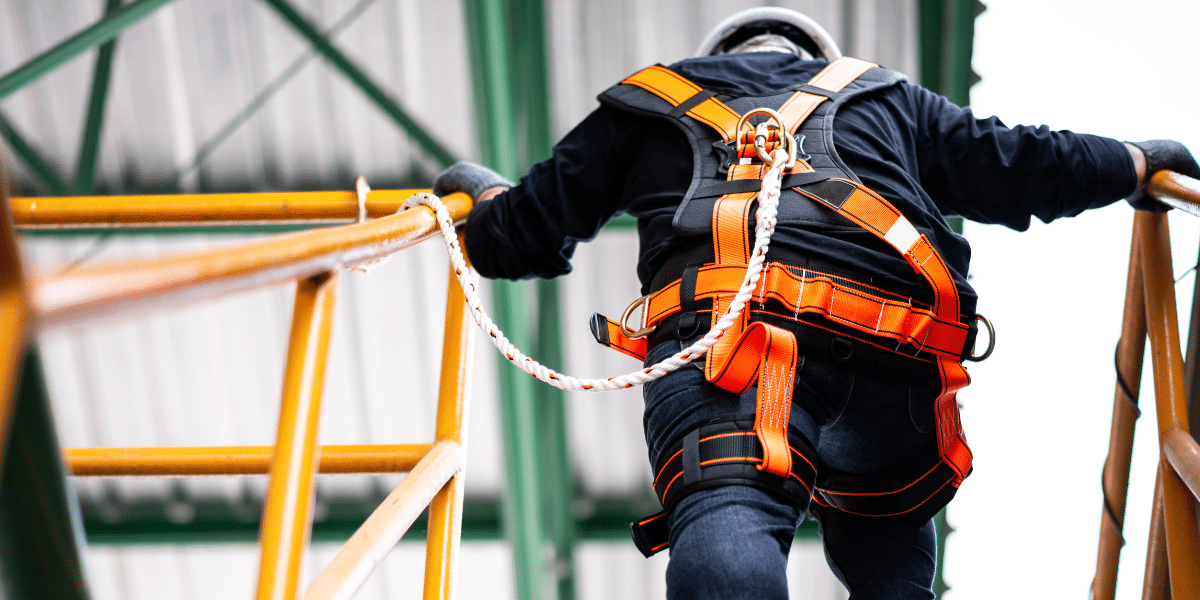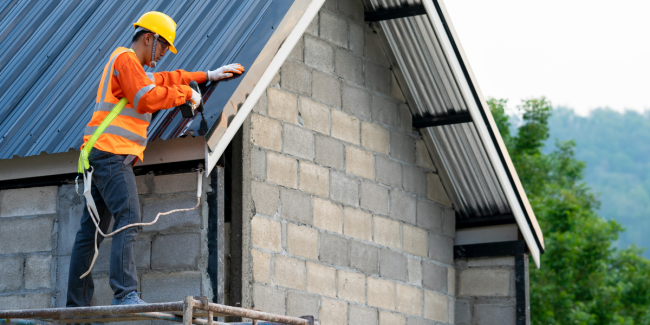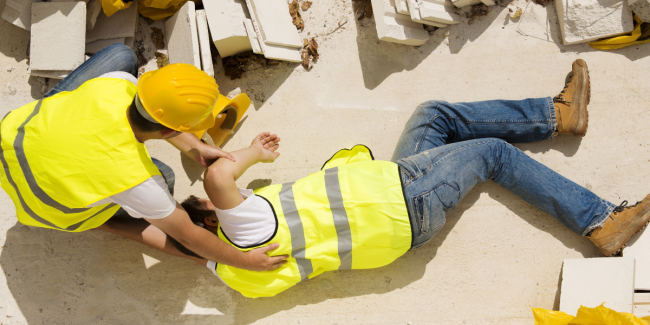
Prioritizing Safety Measures in the Construction Industry
The construction industry is a vital sector that contributes significantly to the economic growth of any nation. However, it is also an industry that is riddled with numerous risks and hazards. Prioritizing safety measures in the construction industry is not just a legal obligation but a moral and ethical responsibility of all stakeholders involved. This guide highlights the importance of safety measures in the construction industry and how they can be prioritized.
Understanding the Risks
The construction industry is inherently risky. Workers are often exposed to hazards such as falls from heights, electrocution, being struck by objects, and getting caught in or between objects. These hazards can lead to serious injuries or even fatalities. Therefore, understanding these risks is the first step toward prioritizing safety measures.
Importance of Safety Measures in Construction
Prioritizing construction site safety isn’t just a requirement — it’s a responsibility that safeguards lives, projects, and futures.
High Risk of Accidents in Construction Sites
Understanding the common causes of construction accidents is crucial to keeping workers safe and avoiding risks. Workers and visitors on construction sites are exposed to various hazards, including falls, electrical hazards, and heavy machinery, which can lead to injuries or even fatalities.
Legal Obligations and Consequences
Construction businesses are required to comply with safety regulations and standards to prevent accidents and injuries. Failure to comply with these regulations can result in penalties, fines, or imprisonment.
Protection of Workers and Public Safety
Site management should restrict public access to the job site to prevent accidents and ensure public safety. To avoid accidents and injuries, workers should receive proper training and education on safety procedures, risk management, and hazard prevention.

Don’t compromise on safety — reach out to Crane Point Industrial today and equip your team with the tools they need to ensure every day on the job is a safe and productive one. Contact us now and take a proactive step towards a safer construction site. Your commitment to safety is the foundation of every successful project.
Common Safety Measures in Construction Sites
- Regular Safety Inspections and Audits: Conducting routine assessments of the construction site to identify and rectify potential hazards, ensuring a secure work environment.
- Training and Education for Workers: Providing comprehensive instruction and ongoing learning opportunities for all workers, empowering them with the knowledge to navigate the site safely and effectively.
- Personal Protective Equipment (PPE): Ensuring the use of appropriate construction accessories such as hard hats, safety glasses, gloves, steel-toed boots, high-visibility vests, and hearing protection to protect workers from potential hazards.
- Fall Protection: Implementing fall prevention measures like guardrails, safety nets, and personal fall arrest systems when working at heights to prevent falls and related injuries.
- Scaffolding Safety: Properly assembling, inspecting, and using scaffolding with guardrails, stable foundations, and safe access points to prevent falls and collapse.
- Excavation and Trenching Safety: Implementing protective systems like shoring, sloping, or shielding in excavations and trenches to prevent cave-ins and protect workers.
- Confined Space Safety: Ensuring confined spaces are correctly assessed, ventilated, and monitored before entry to prevent asphyxiation, toxic exposure, and other hazards.
- Heavy Equipment Operation: Training and certifying operators for the safe operation of heavy machinery and maintaining proper clearance and visibility to avoid accidents.
- Tool and Equipment Safety: Providing proper training for tools and safety equipment and ensuring they are well-maintained and used according to manufacturer guidelines.
- Fire Prevention: Establishing fire prevention measures, including proper storage of flammable materials, fire extinguisher availability, and clear escape routes.
- Hazard Communication: Labeling hazardous materials, providing Material Safety Data Sheets (MSDS), and educating workers about potential risks.
- Emergency Response Plans: Developing and practicing emergency response plans, including evacuation procedures and first aid training.
- Health and Hygiene: Providing access to clean drinking water, proper sanitation facilities, and promoting good hygiene practices to prevent the spread of diseases.
- Noise and Vibration Control: Implementing measures to control noise and vibration exposure, including using appropriate ear protection and minimizing prolonged exposure.
- Heat Stress Prevention: Implementing measures to prevent heat-related illnesses, such as providing shade, regular breaks, and hydration.
- Material Handling Safety: Training workers in proper lifting techniques, using mechanical aids when necessary, and avoiding overexertion.
- Ladder Safety: Using ladders that are in good condition, properly secured, and positioned on stable surfaces to prevent falls.

It’s important to note that safety measures can vary based on the specific construction site, local regulations, and the nature of the work being carried out. Remember, safety is not just about compliance; it’s about ensuring every worker goes home safely at the end of the day.
Build A Safer Future with Crane Point Industrial
Crane Point is committed to fostering a culture of safety in the construction industry. We understand the risks involved and the importance of prioritizing safety measures. That’s why we offer a comprehensive range of safety products to protect workers and prevent accidents.
But we don’t just sell products; we partner with construction companies to help them implement effective safety protocols and provide ongoing training to ensure all workers understand how to stay safe on the job. Join us in our mission to make construction sites safer. Explore our range of safety products and services today and take the first step towards a safer construction site. Remember, at Crane Point, your safety is our priority.